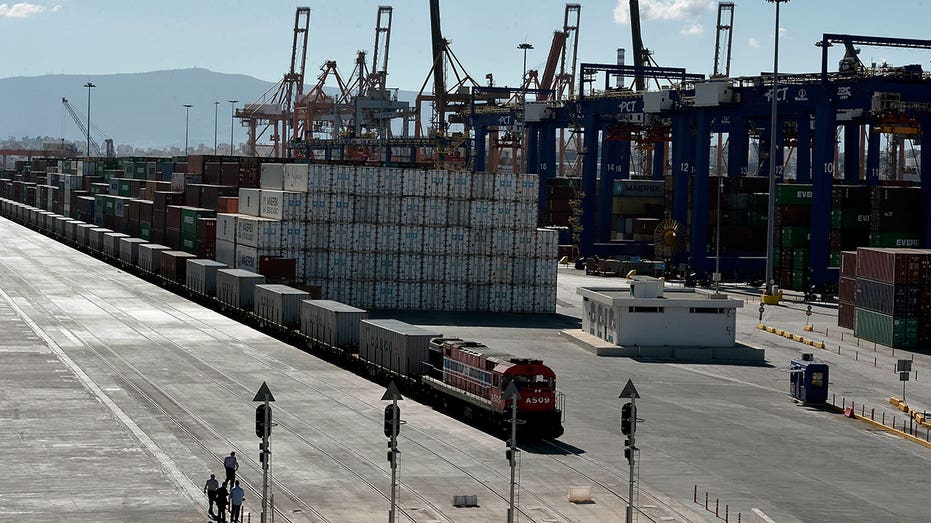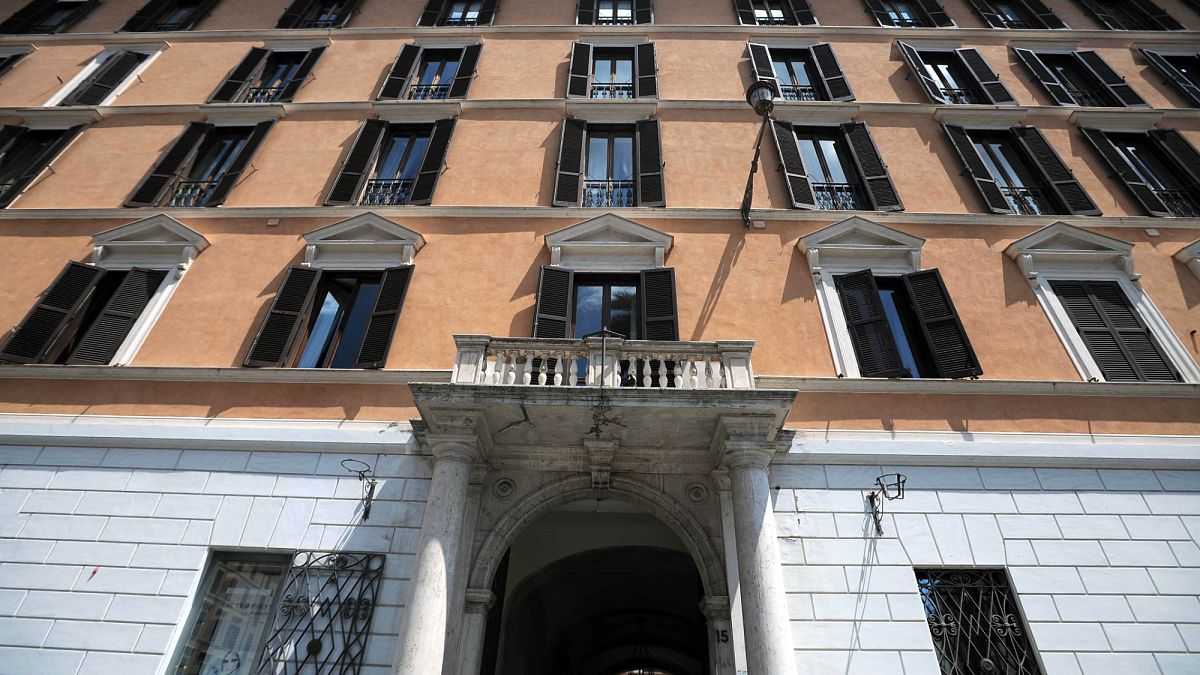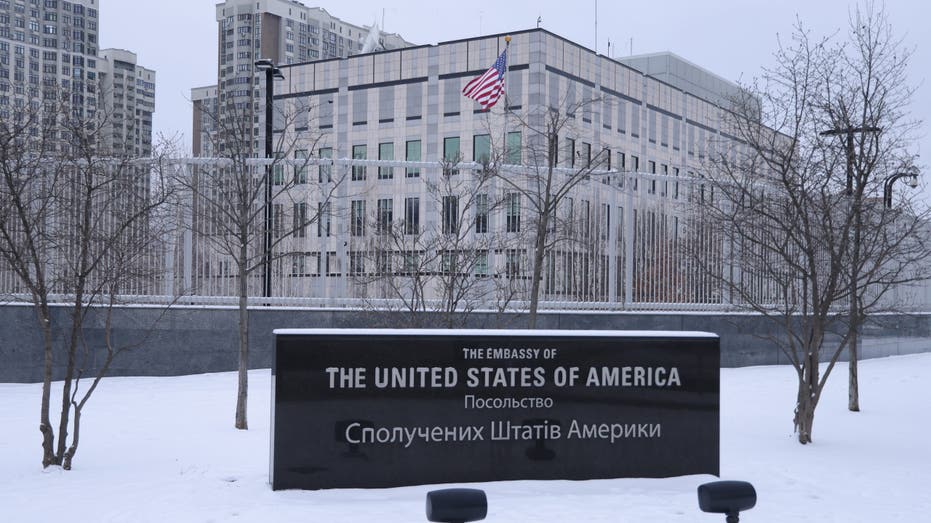Greece agrees to lead European Union naval mission in the Red Sea
Greece has formally agreed to lead a European Union maritime security operation in the Red Sea to protect commercial shipping from Houthi attacks in Yemen.

Greece Monday formally agreed to participate in and lead a European Union maritime security operation in the Red Sea, to protect commercial shipping from attacks by Houthi militants in Yemen.
A security committee headed by Prime Minister Kyriakos Mitsotakis ordered the participation of a Greek frigate in the Aspides operation – named from the Greek word for "shield" – that was launched last week.
The mission will be run from a military base in Larissa in central Greece under the command of Greek navy Cdre. Vasilios Griparis.
EUROPEAN UNION LAUNCHES NAVAL MISSION TO PROTECT SHIPS IN THE RED SEA FROM HOUTHIS ATTACKS
Greece, a major commercial shipping power, has been directly affected by the Houthi attacks. The port of Piraeus, near Athens, reported a 12.7% drop in activity at its container terminal in January, on an annual basis.
"Keeping the lines of maritime trade open is in the absolute interest of the European Union and is an existential necessity for Greece," Defense Minister Nikos Dendias told a parliamentary committee hearing last week.
He described the Aspides mission as defensive, adding that Greece would not take part in U.S.-led attacks against Houthi military targets in Yemen.
US, UK CONDUCT JOINT STRIKES ON MORE THAN A DOZEN HOUTHI TARGETS IN YEMEN: 'SPECIFICALLY TARGETED'
The Iranian-backed Houthis say their attacks on commercial ships with drones and missiles are a response to Israel’s offensive in Gaza against Hamas which began in October.
"We do not take a position on the Houthi issue," Dendias said. "But we do challenge the right of anyone to fire at our ships, at European ships, and at ships that sail the region and come to our ports."
What's Your Reaction?
















